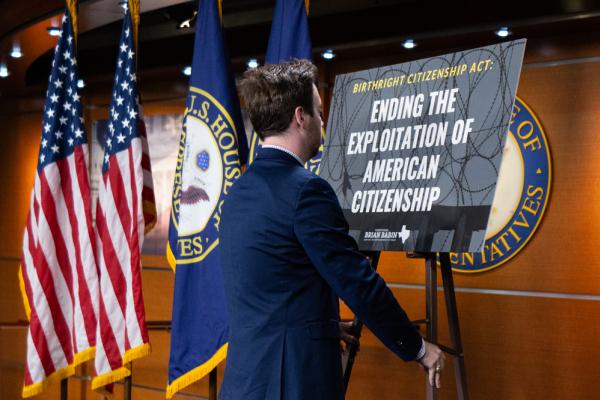From the first day of his administration, President Donald Trump has sought to end birthright citizenship, meaning that being born on U.S. soil would no longer be sufficient for establishing permanent legal status in the country.
So far, three different judges have blocked the executive order Trump issued on Jan. 20, which the administration has appealed to the Supreme Court. Legal scholars have pointed to over a century of jurisprudence to indicate that birthright citizenship is too well established to effectively challenge. Despite the history, the Trump administration’s attempts have ignited small-scale debates about birthright citizenship, a debate faith leaders say has too often failed to consider the ethical and moral implications of revoking it.
Read the Full Article

